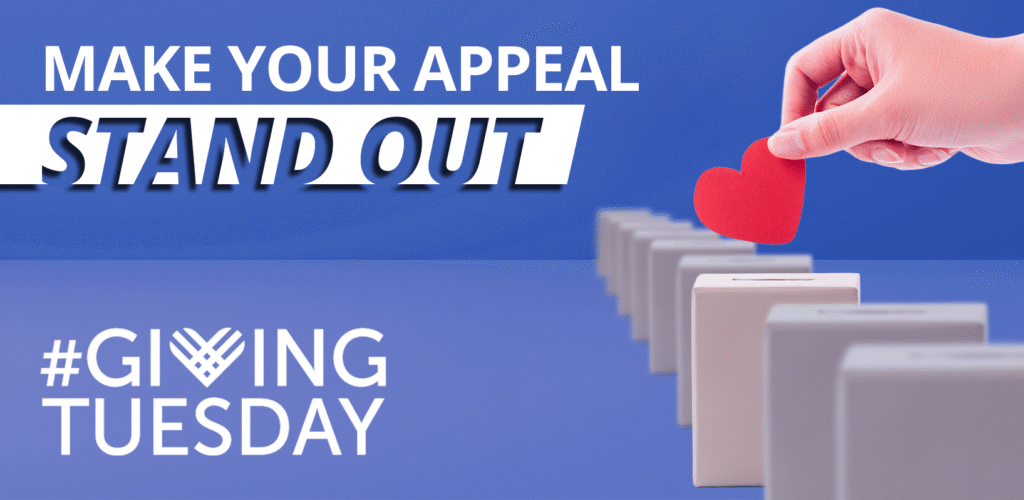I was asked recently if I sensed that interest in African American History Month was waning.
I gave this question some serious thought. After a few days I began to speculate it was based on a perceived lack of media promotion on the subject. Meaning, of course, it depends on where one – regardless of ethnicity – is looking, watching, listening and reading. I’ve seen many televised promotions on the subject and read article after article about public school celebrations for Black History Month. There was a charged up gathering about it on the campus of the University of Pennsylvania that also made the news.
So no, interest is definitely not waning. However, I think the best way to approach this question is from my own life experience.
I’m a baby-boomer. Born in 1953, I grew up during the Civil Rights Movement, although I think of it as the Civil Rights Revolution. The men and women on the front lines pushed for the right to vote, fought for equal opportunities in employment, housing, social interaction and education, and fundamentally changed the structure of American society. They laid the foundation for many aspects of our modern society that are now taken for granted.
As a child, I really didn’t understand the political and social complexities of The Montgomery Alabama Bus Boycott, or the March on Selma or what the Freedom Riders were trying to do. The rioting that followed the assassination of Martin Luther King frightened me. The murder of Malcolm X scared me even more. Members of the Black Panther Party were all over Philadelphia offering their newspaper, which I sometimes read.
I couldn’t understand why people would hate other people based on the color of their skin. Frankly, I still don’t. Technically I do, but it seems exceptionally stupid to me. But I digress. By the time I entered my teenage years, I grasped the significance of the ongoing quest by people of African descent for equal rights in every strata of American life. That really began to come into sharper focus when I was 17. My mother gave me a copy of The Autobiography of Malcolm X.
“Here Lawrence,” she said, pushing the book into my hands. “You love to read, just like me. You need to read this book.”
I didn’t want to read it – I don’t remember why – but she insisted and my father backed her up, which left me little choice. When I finished it I immediately reread it. “Now I understand why she wanted me to read this book,” I thought.
See, when I was in public school, teachers who looked like me were common in Philadelphia. We were always taught portions of our history in America. But the Black Awakening of the 1960s expanded the consciousness of African Americans about the importance of our shared history. The Civil Rights Revolution focused Americans of all ethnicities on the contributions of African Americans to our country’s overall collective history.
In 1976, what began as Negro History Week in 1925 by Harvard historian Carter G. Woodson, became Black History Month. I was 23 by then and had a growing little library of African history books. Among those I read and re-read were From Babylon to Timbuktu by Rudolph R. Windsor; The Destruction of Black Civilization by Chancellor Williams; The African Origin of Civilization: Myth or Reality by Cheikh-Anta Diop, and They Came Before Columbus by Ivan Van Sertima.
For African Americans, developing a keen knowledge of our history before and after the African Diaspora sometimes formulates a deep bitterness and anger against those of European descent. I understand that anger. Yet for me, as I educated myself in history – ancient and recent – and in the parallel subjects of theology and religion, I saw that what connects us as human beings is greater than what divides us.
For a people who arrived on the shores of America in chains, it is crucial to know our history. Too many young Black men and women in this era learn about that history behind prison walls. Why? Because the pressures and stresses of living in economically deprived communities isn’t conducive to formulating visions and goals for one’s life.
Allow me to present two examples:
I recall one late afternoon in 2007 inside the 22nd Police District. I was one of several men who had volunteered to speak with a room full of teens. These African American boys were what is referred to as an “at-risk” population; meaning they were at the precipice of either going to prison or dying by gun violence. They were all between the ages of 14 and 17.
I asked them, “What do you want to be when you leave school? What do you want to do with your life?”
The answers I received – only two goals – were heart breaking but revealing. They were rapper or a basketball player. That’s it. Not teacher, or lawyer or minister or even bus driver. Rapper. Basketball player.
None of them understood what they needed to do to accomplish those goals.
On another occasion, I was standing on the corner of Broad and Erie, returning from covering a nearby act of fatal gun violence involving that aforementioned at-risk population when I was a reporter for the Philadelphia Tribune. As I stood on the corner, two young Black men greeted each other and I eavesdropped on their conversation.
“Yo dawg, where you been? What you been doin’?”
“Nuttin. Makin’ babies.”
I thought, “God help us all.”
There it is in a capsule: The answer to the question I was asked. Is interest in observing Black History Month waning? No.
It would be easy to speculate, however, that there is a dearth of robust teaching of African American history in our communities. Yet it’s not so much that it isn’t being taught in public schools serving those communities – it is. The question from that angle is, is it being taught and encouraged in the homes?
When I was a boy, my siblings and I were told about the African Americans who fought against legalized barriers of inequality and shed their blood to achieve full citizenship in American society. We were encouraged to read and to reach for lofty goals for our lives.
That struggle cannot and should not be diminished. Marcus Garvey said a people without the knowledge of their past history, origin and culture is like a tree without roots.
But I think in the ethnically divisive, racially and politically polarized, socially conscious first quarter of the 21st Century, our nation should reach for a higher platform about this subject. Indeed, the ethnic and cultural divisions permeating our country are a daily public demonstration of the need for deeper understanding of our shared human history.
Why? Because it is the chronicle of how we collectively arrived at the point in history where we are now. For Americans of all ethnicities it is enlightening to understand why our nation is at this crucial position in our history. The last thing we need is more division.




